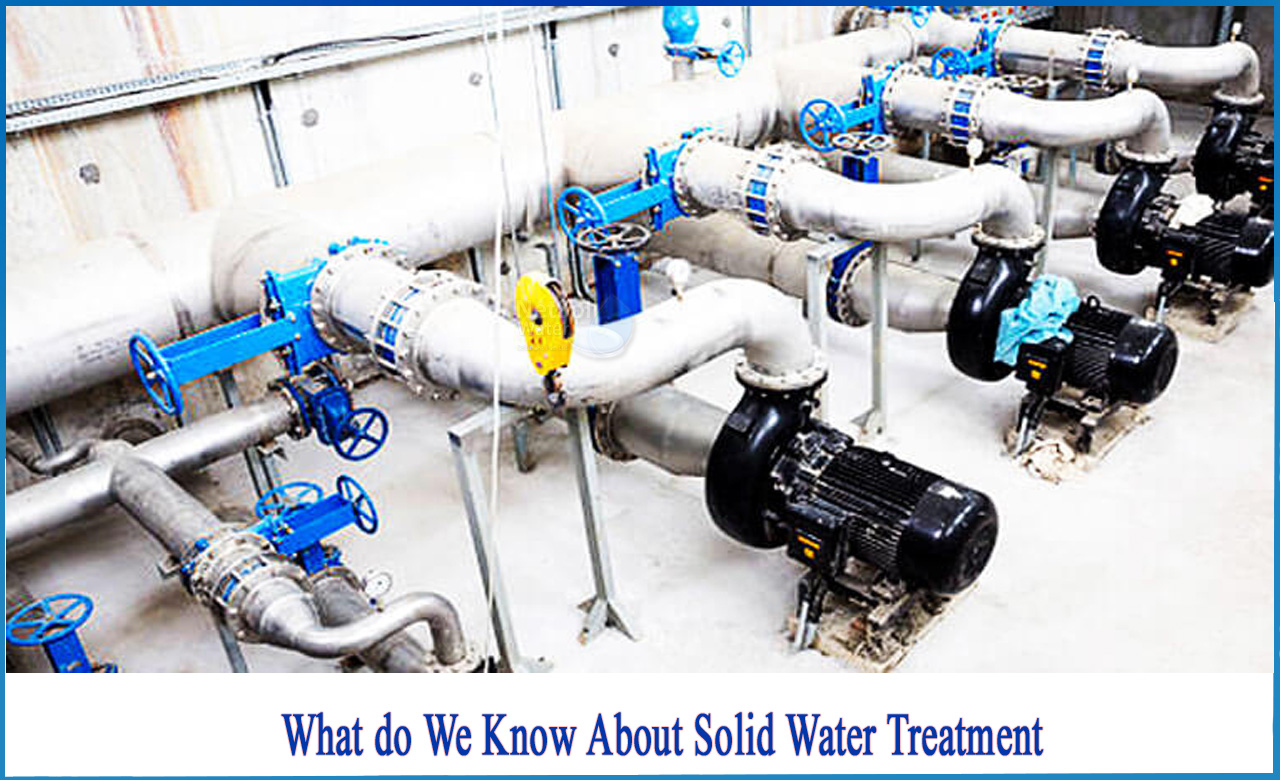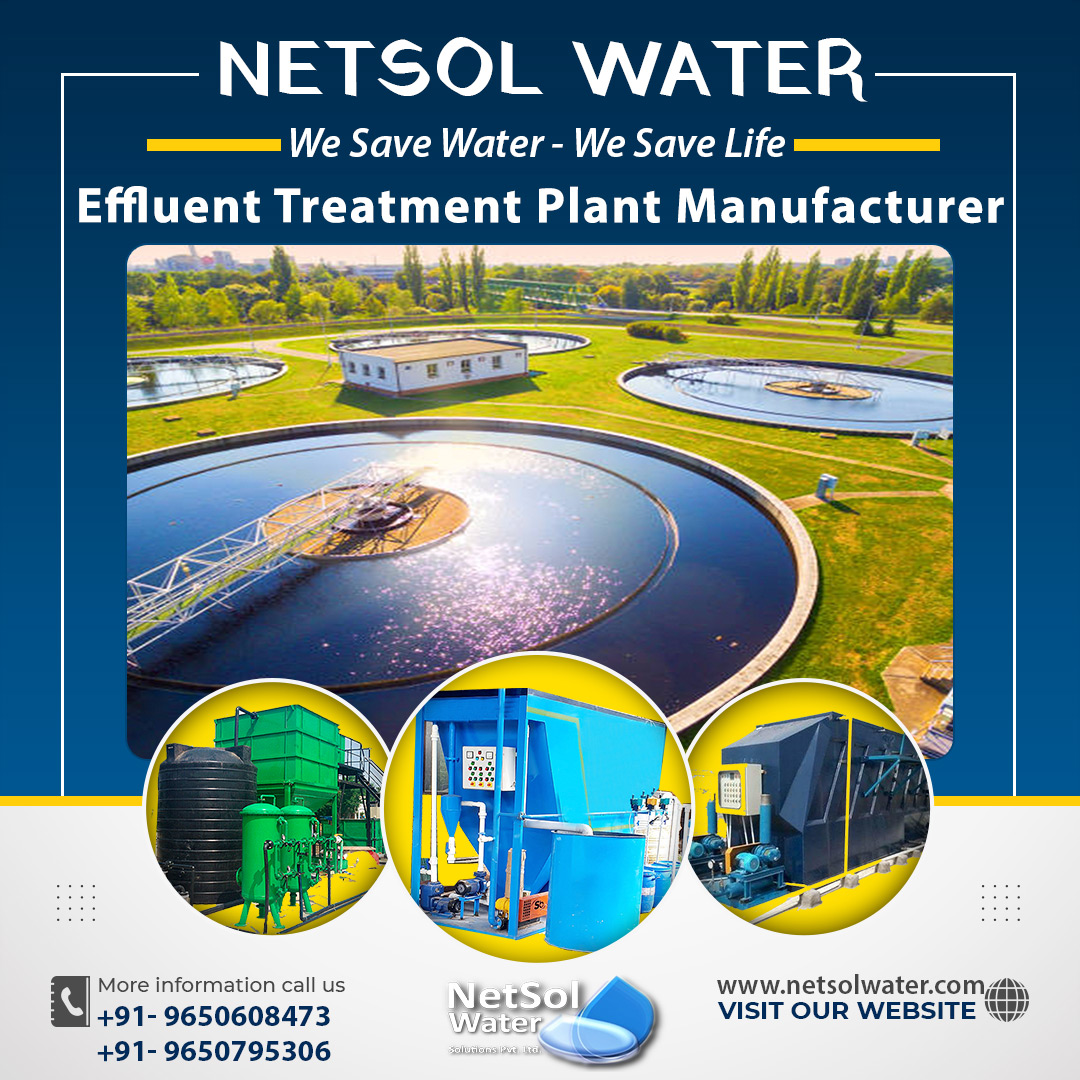What do we know about solid water treatment?
Water treatment refers to any process that improves the quality of water so that it can be used for a specific purpose. The end use could be drinking, industrial water supply, irrigation, river flow maintenance, water recreation, or any of a variety of other applications, including safely returning to the environment. Water treatment removes or reduces the concentration of contaminants and undesirable components so that the water is fit for its intended end-use. The said treatment is critical for human health because it allows people who would benefit from both drinking and irrigation.
Water is the most important compound for life on Earth, and having safe drinking water is a major global concern in the twenty-first century. As a basic requirement, all living things require clean, uncontaminated water. Water covers more than 71% of the earth's surface, but only about 1% of it is drinkable by international standards due to various contamination issues.
What will happen if one could eliminate water from the product packaging, shipping, and handling equation by using solid concentrates instead?
By removing the water, the product weight would be lowered by 50 to 85 percent, allowing for lighter, easier-to-handle, and more environmentally friendly packaging to be used instead of bulky plastic drums or pails. This equates to lower shipping costs, simpler transportation logistics, and more environmentally friendly deliveries. It also nullifies the safety risks and environmental concerns associated with handling and storing heavy liquid drums, as well as determining what to do with the empties. It becomes much easier to store treatment chemicals and transport them to where they are needed, even in difficult-to-reach areas.Solid water treatment concentrates offer significant advantages, but their production and application necessitate specialised knowledge.
Solid water treatment protection
Buildings and facilities spend a lot of money retrofitting new or old buildings with the most up-to-date mechanical equipment. Using advanced solid water treatment systems and chemical formulations, users can ensure that their investment is guarded from water-related damages and concerns.
Solid water treatment system has been installed on applications to improve safety, chemical protection, sustainability, and ease of use. These systems are very cost efficient, allowing building owners and maintenance personnel to use the most advanced water treatment technology available.
Benefits of solid water treatment
>Few refills, few deliveries
Since liquid steam boiler chemical treatments must be replaced on a regular basis, you're looking at:
· There is a greater risk of spills during shipping.
· Increased risk of injury
· Increased shipping costs
· More time spent on new container handling
· More time squandered dealing with empty containers
>easy transport to difficult to access areas
In a manufacturing facility, size matters. When transporting a 50-gallon liquid drum, for example, there are numerous procedures and hazards to consider.
· A worker transfers a liquid chemical from the loading dock to the boiler room via the plant.
· A maintenance worker or chemical supplier transfers liquid from the drum to a containment-required chemical storage tank.
· Chemical storage tanks and containment basins consume valuable mechanical room space.
>Floor space will maximize
· Bulk tanks and liquid chemical drums are a huge waste of factory floor space.
· Solid chemicals keep space safe and clear of hazards, maximising the square footage of your mechanical rooms.
· Cases of solid chemistry can even be safely stored on shelves.
Solid water treatment
Solid water treatment programmes are designed to treat a wide range of water-based mechanical equipment used in buildings and facilities. Ensure that the mechanical equipment operates at the appropriate water chemistries as specified by the manufacturer.




